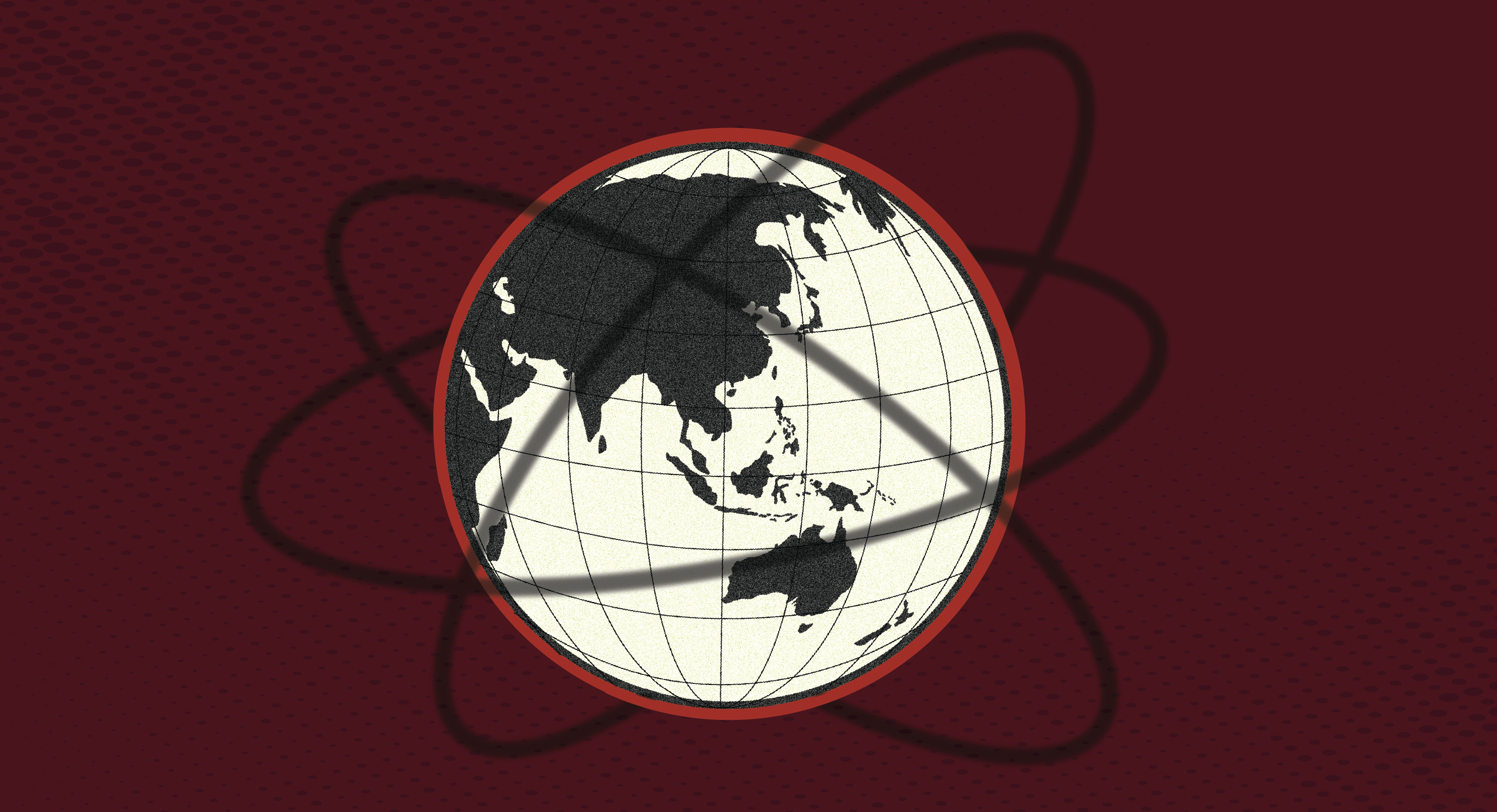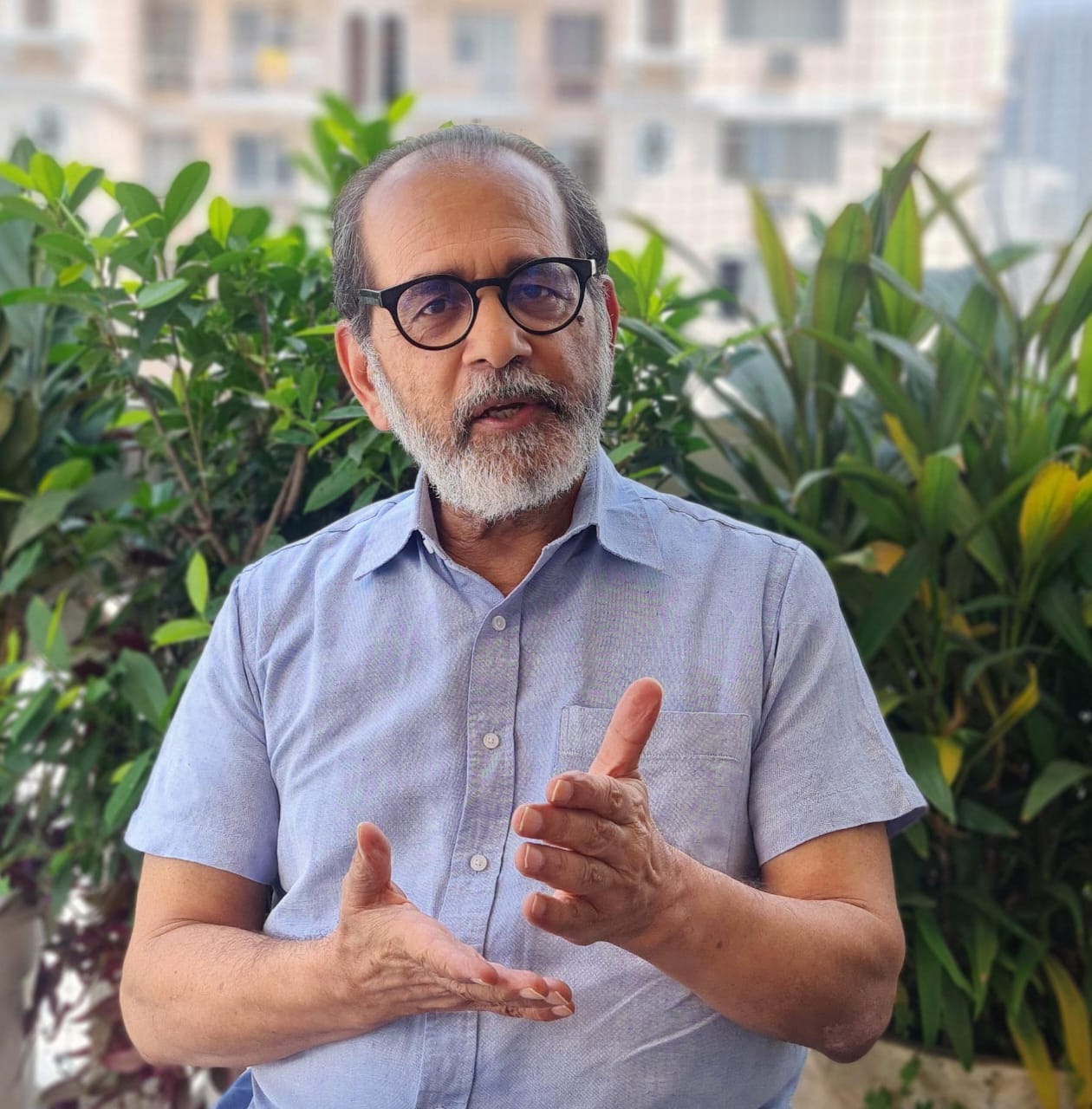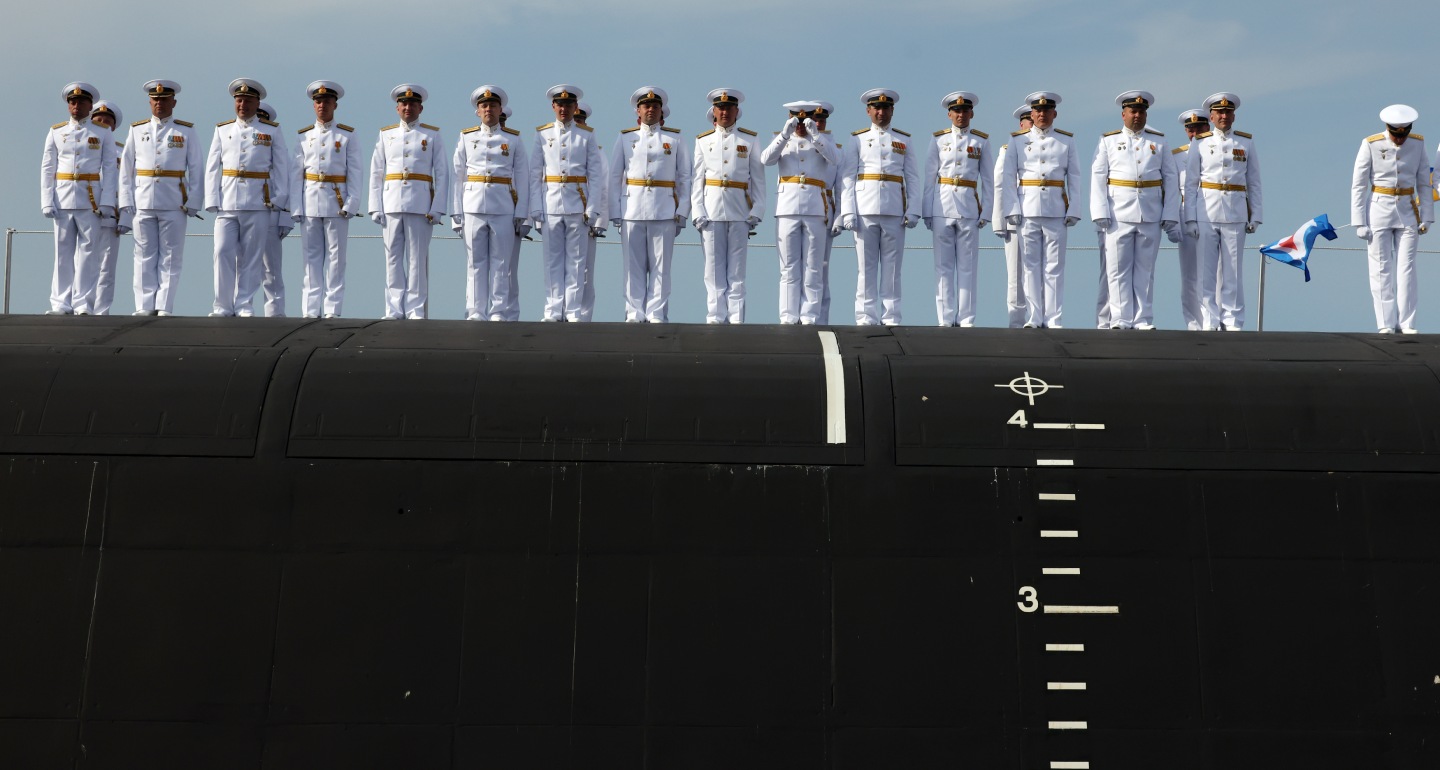George Perkovich
{
"authors": [
"George Perkovich"
],
"type": "legacyinthemedia",
"centerAffiliationAll": "dc",
"centers": [
"Carnegie Endowment for International Peace"
],
"collections": [],
"englishNewsletterAll": "",
"nonEnglishNewsletterAll": "",
"primaryCenter": "Carnegie Endowment for International Peace",
"programAffiliation": "NPP",
"programs": [
"Nuclear Policy"
],
"projects": [],
"regions": [
"South Asia",
"Pakistan"
],
"topics": [
"Nuclear Policy"
]
}
Source: Getty
Nuclear Security in Pakistan: Issues and Implications
Tensions between the United States and Pakistan over the security of Pakistan’s nuclear arsenal are fueled by Islamabad’s perception of close U.S. ties to India and by Washington’s fear of internal disarray in Pakistan.
According to the Pakistani press, U.S. interest in Pakistan’s nuclear arsenal and the security of its fissile materials appears to be guided by self-interest rather than concern for Pakistan’s welfare, said Carnegie’s George Perkovich, speaking at a panel co-sponsored by the Hudson Institute, the Partnership for a Secure America, and the Stanley Foundation. He was joined by Harvard’s Matthew Bunn, and Aparna Pande of the Hudson Institute. Perkovich argued that U.S. efforts to assist Pakistan with nuclear security are perceived in Pakistan as disingenuous. He explained that this view is magnified by concern over close U.S.-India ties and a fear that greater U.S. assistance in Pakistan’s nuclear complex would give the United States access to sensitive details, which could then be exploited or shared with India.
Tensions with India remain at the forefront of Pakistan’s nuclear debates, Perkovich said. There is always the possibility that a crisis could escalate to nuclear exchange. The United States bent international nonproliferation rules to elevate India over the last five years, including selling New Delhi conventional weapons and passing the U.S.-India peaceful nuclear cooperation deal. Accordingly, many in Pakistan are skeptical of the United States and feel that Washington has strongly aligned itself with India.
U.S. humanitarian assistance to Pakistan following the earthquake and the flood were greatly beneficial in demonstrating Washington’s concern for Pakistan and easing bilateral relations. Official comments in support of Pakistan have helped ease tensions and demonstrated good will, Perkovich said.
While many in the United States are concerned that terrorists could acquire Pakistani fissile material, a far greater concern is actually the potential collapse of the Pakistani state, Perkovich said. Pakistan’s army is one of the country’s strongest institutions and it maintains control over the country’s arsenal. The army has a real incentive to prevent other parties from acquiring Pakistan’s weapons, nuclear knowledge, or fissile materials. As a result, the greater threat may be internal problems within Pakistan, Perkovich said. Pakistan is plagued by a number of considerable internal problems, including an army insurgency in Balochistan, Sunni-Shi’i tensions, government corruption, and economic woes.
About the Author

Japan Chair for a World Without Nuclear Weapons, Senior Fellow
George Perkovich is the Japan Chair for a World Without Nuclear Weapons and a senior fellow in the Carnegie Endowment for International Peace’s Nuclear Policy Program. He works primarily on nuclear deterrence, nonproliferation, and disarmament issues, and is leading a study on nuclear signaling in the 21st century.
- How to Assess Nuclear ‘Threats’ in the Twenty-First CenturyPaper
- “A House of Dynamite” Shows Why No Leader Should Have a Nuclear TriggerCommentary
George Perkovich
Recent Work
Carnegie does not take institutional positions on public policy issues; the views represented herein are those of the author(s) and do not necessarily reflect the views of Carnegie, its staff, or its trustees.
More Work from Carnegie Endowment for International Peace
- Macron Makes France a Great Middle PowerCommentary
France has stopped clinging to notions of being a great power and is embracing the middle power moment. But Emmanuel Macron has his work cut out if he is to secure his country’s global standing before his term in office ends.
Rym Momtaz
- South-South AI Collaboration: Advancing Practical PathwaysArticle
The India AI Impact Summit offers a timely opportunity to experiment with and formalize new models of cooperation.
Lakshmee Sharma, Jane Munga
- Escalation Dynamics Under the Nuclear Shadow—India’s ApproachPaper
An exploration into how India and Pakistan have perceived each other’s manipulations, or lack thereof, of their nuclear arsenals.
Rakesh Sood
- For Putin, Increasing Russia’s Nuclear Threat Matters More Than the Triad’s ModernizationCommentary
For Putin, upgrading Russia’s nuclear forces was a secondary goal. The main aim was to gain an advantage over the West, including by strengthening the nuclear threat on all fronts. That made growth in missile arsenals and a new arms race inevitable.
Maxim Starchak
- A Quarter Century of Nuclear South Asia: Nuclear Noise, Signalling, and the Risk of Escalation in India-Pakistan CrisesPaper
A close study of five crises makes clear that Cold War logic doesn’t apply to the South Asia nuclear powers.
Moeed Yusuf, Rizwan Zeb










